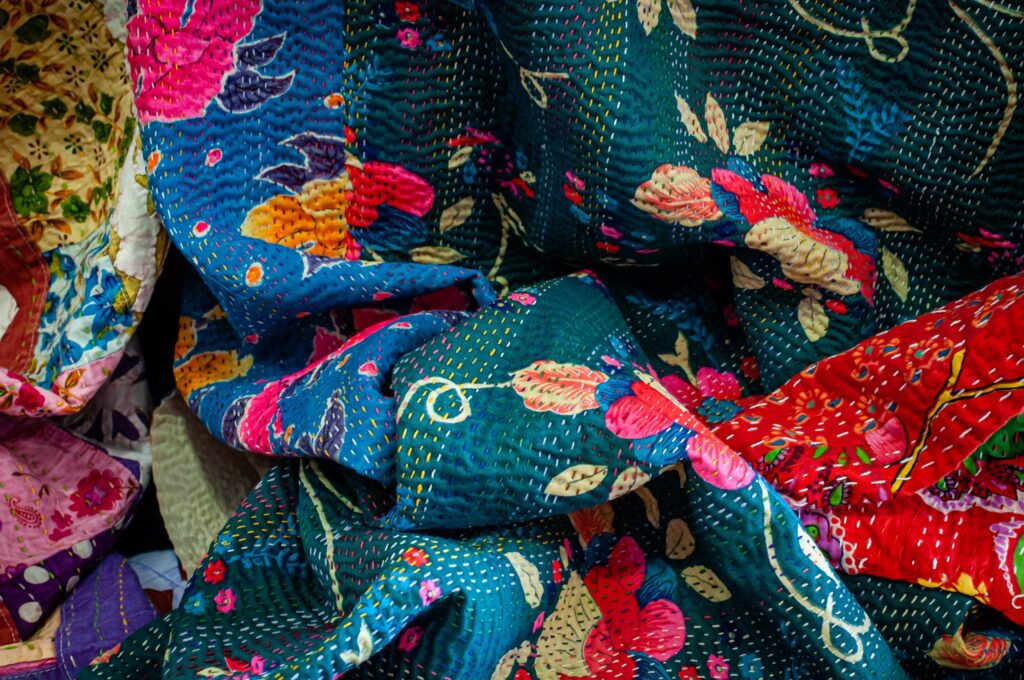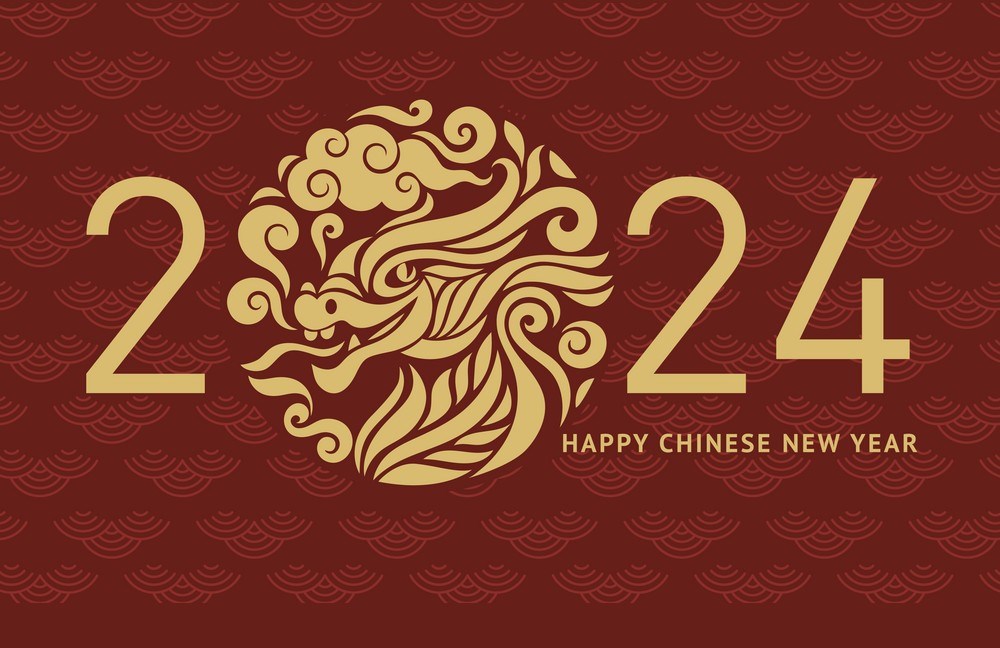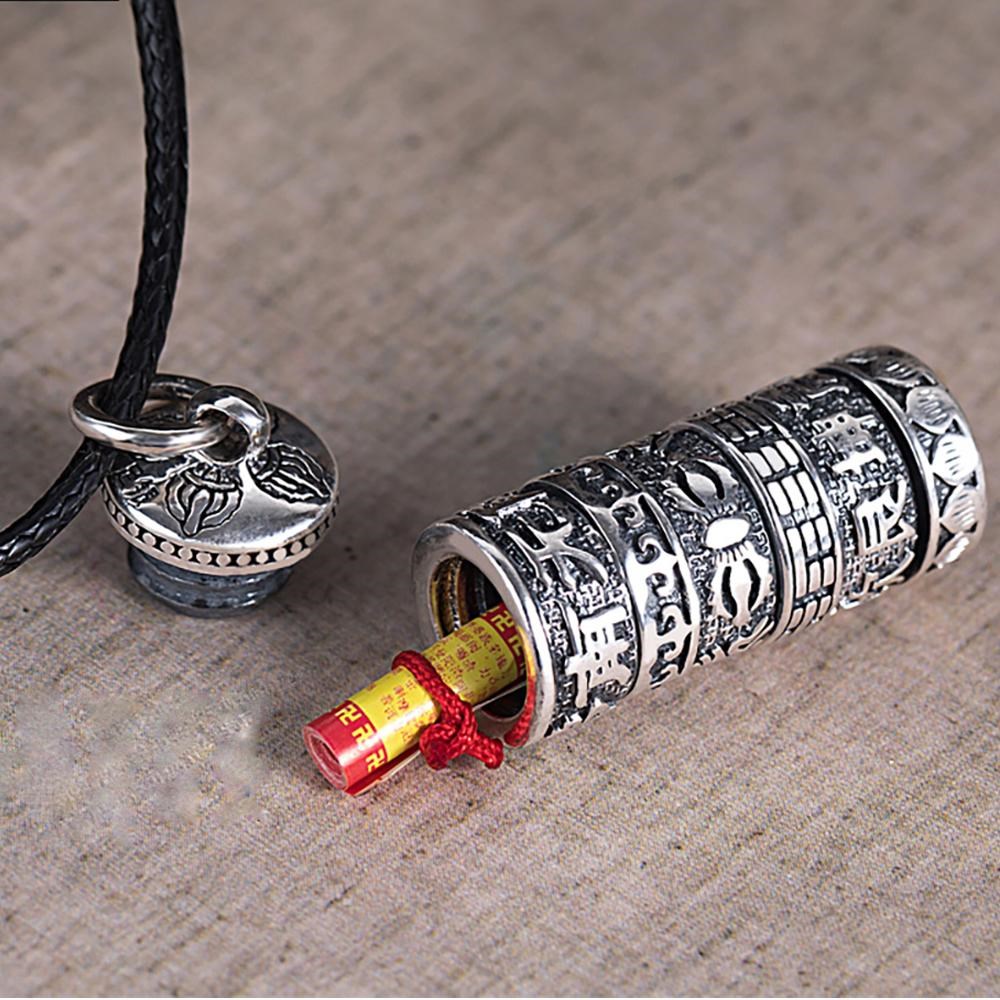
Kantha: India’s most valuable textile technique
Kantha (also spelled kanta, and qanta) is a type of embroidery craft in the eastern regions of the Indian subcontinent, specifically in Bangladesh and in the Indian states of West Bengal, Tripura and Odisha. And was almost never made for money.
The embroidered cloth has many uses including shawls and bags, where the entire cloth is covered with running stitches, employing beautiful motifs of flowers, animals birds and geometrical shapes, as well as themes from everyday activities. The stitching on the cloth gives it a slightly wrinkled, wavy effect.
Kantha originated from the way in which Bengali housewives mended old clothes by taking out a strand of thread from the colorful border of their saris and making simple designs with them. The traditional form of Kantha embroidery was done with soft dhotis and saris, with a simple running stitch along the edges.
The Kantha in its simplest form was invented out of necessity and made in varying sizes and layers, stafrom the small pieces of cloth spread in the courtyard to lay new born babies on while they were massaged with oils, to the light covers that adults use at night, and wrap over their shoulders in winter mornings.
The Sanskrit word kontha means ‘rags.’ and a Legend links its origins to Lord Buddha and his disciples, who used to cover themselves with garments made from discarded rags that were patched and sewn together. Rags displayed at Indian shrines or tied to tree limbs symbolize prayers and wards off the evil eye.
The oldest extant Kantha date from the early 1800s and is embroidered with blue, black and red threads that were unraveled from sari borders.
Given our preference for this precious fabric, we offer a unique selection of bags and shawls in Kantha Silk.










